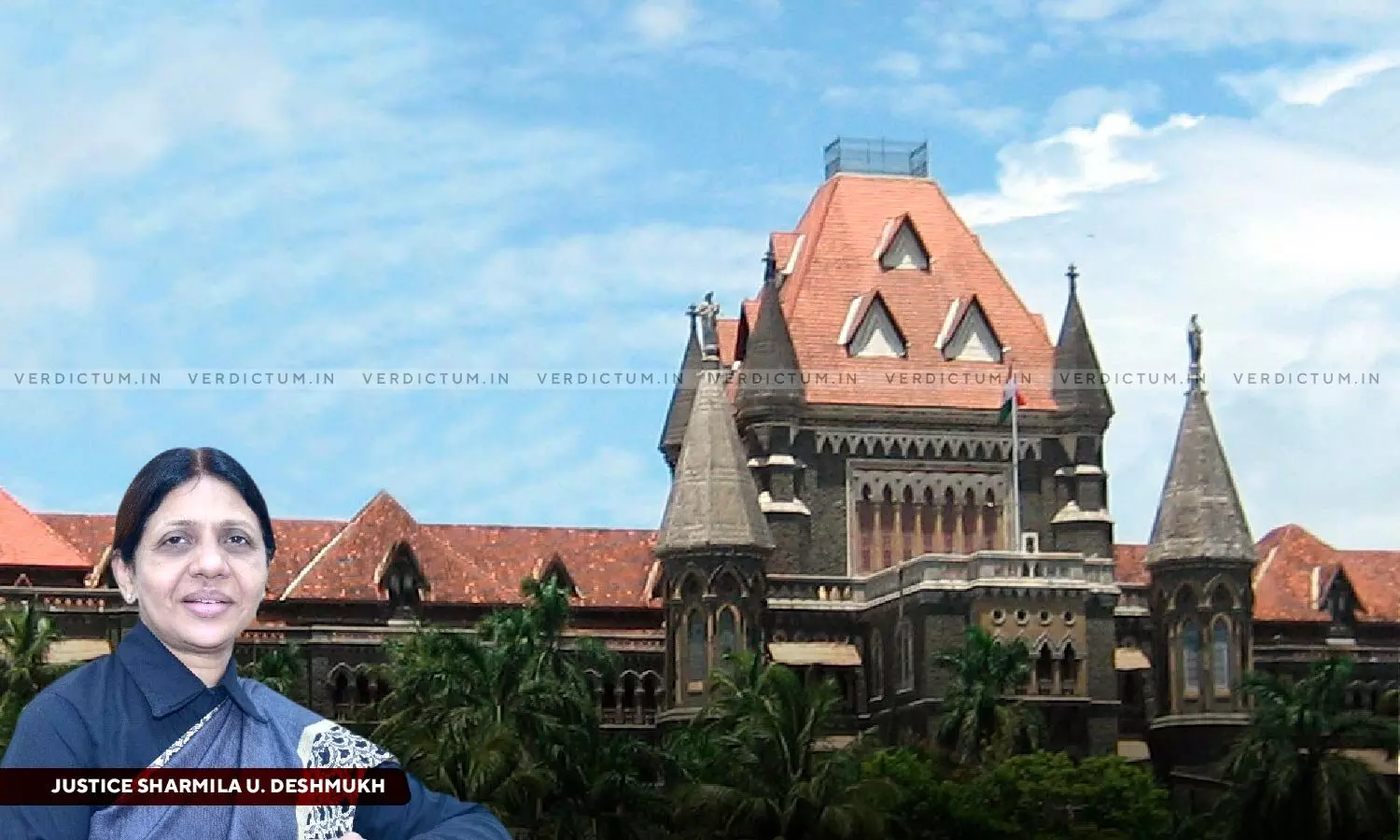
“Wishes Of The Child Can Be Taken Into Consideration But Cannot Form The Solitary Reason For Grant Of Custody”- Bombay HC
 |
|The Bombay High Court in a writ petition has held that the wishes of a child can be taken into consideration but the same cannot form the solitary reason for the grant of custody.
The Court was deciding a case in which the petitioner had challenged the order passed by the Family Court whereby he was directed to hand over the custody of a minor daughter to the respondent i.e., his wife.
A Single Bench of Justice Sharmila U. Deshmukh noted, “In the present case, apart from one or two stay incidents which took place during the subsistence of the marriage there is no material produced on record to demonstrate that even after the custody was shifted from the petitioner father to the respondent mother, the respondent mother has neglected the child and priority was given to her alleged illicit relationship. … in my view, the wishes of the child can be taken into consideration but cannot form the solitary reason for grant of custody.”
The Bench said that as per the settled position in law, while considering the issue of custody of the minor, the paramount consideration is the welfare of the minor.
Senior Advocate Rajiv Patil represented the petitioner/husband while Advocate Ashutosh Kulkarni represented the respondent/wife.
Facts of the Case -
The petitioner and respondent got married in the year 2010 and in 2015, a minor child was born out of the wedlock. The petitioner claimed that he came across chats of the respondent with her friend which revealed about her sexual encounters with various men and it was alleged that the respondent continued her extra marital sexual encounters. The respondent lodged an FIR under Sections 498A, 377, 354, 323, 504 and 506 read with Section 34 of the Indian Penal Code (IPC) against the petitioner and his family members.
Thereafter, the respondent filed a complaint under the Protection of Women from Domestic Violence Act, 2005 (DV Act) along with an application for interim custody of minor child. The petitioner then filed a divorce petition before the Family Court under Section 13(1)(i) and 13(1)(i-a) of the Hindu Marriage Act, 1955 for divorce and permanent custody of minor child. The Family Court passed an order granting interim custody of the minor child to the respondent with certain directions as regards the access and visitation right of the petitioner being aggrieved by which, he was before the High Court.
The High Court in view of the above facts observed, “… considering the age and gender of the child and taking into consideration the facts of the case, in my view, at this stage, it is in the welfare of the child that the interim custody is granted to the mother. As indicated above the comfort of the child is one aspect of the welfare of the child. The word “Welfare” is to be understood in the widest sense taking within its fold the physical and mental well being, health, comfort and overall social and moral development of the child. All that is essential for a well balanced upbringing of the child amounts to welfare of the child.”
The Court said that the girl child aged about 8 years would be undergoing hormonal changes and also physical changes and as such much care has to be taken during this phase of growth of the girl child and the paternal grandmother or the paternal aunt cannot be a substitute to the mother who is also a qualified doctor.
“During this phase of life, the girl child requires care and attention of a women who would be better equipped to understand the process of transformation which the girl child will undergo and as such, the mother at this stage is preferred against the father. … It is no doubt that in the present case, both the parents are extremely attached to the child and wants her well-being and therefore, it is expected of both the parents that they work towards providing an amiable environment for Ruhi so that she grows up into a well balanced and healthy child”, added the Court.
The Court noted that it is expected that the respondent mother will go that extra mile to ensure that the bond between the child and mother is strengthened.
Accordingly, the High Court dismissed the writ petition.
Cause Title- ABC v. XYZ (Neutral Citation: 2023:BHC-AS:20441)